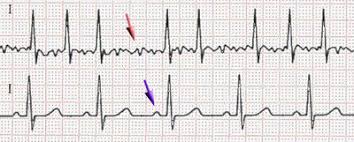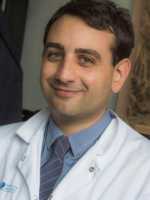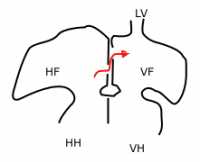The Apple Watch ECG feature is a game changer in heart health screening and gives users an easy way to take a single lead ECG from their wrist. The ECG app on the Apple Watch uses an electrical heart sensor to detect the heart's electrical activity and identifies atrial fibrillation (AFib) early on – a condition that, if not treated, can lead to serious consequences including stroke. This is done through a simple process of launching the app and placing the finger on the digital crown for about 30 seconds and the users will have their heart rhythm categorized as normal, AFib, or inconclusive. The results can then be easily sent to healthcare providers through the Health app thus increasing the accessibility of health information.
Accuracy and Reliability
It has been established that the Apple Watch ECG is quite effective in its operation. Clinical studies have shown that the sensitivity of AFib detection using the Apple Watch is more than 98% and specificity is more than 99% compared to the traditional 12 lead ECGs. This high level of accuracy makes the device a good screening tool for the early detection of heart arrhythmias. It is crucial to identify AFib early as this gives patients a chance seek medical attention before complications occur. In this way, the Apple Watch not only provides convenience but also possible life-saving services.
(more…)















